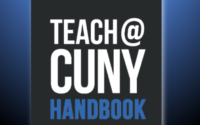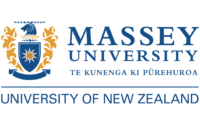
Download: Proceedings of the European Distance and E-Learning Network Conference , Genoa, Italy, June 2018
Introduction The demand for people with new, enhanced skills is growing. The volume of information produced and shared in all fields is overwhelming. Building the data economy became part of the EU Digital Single Market. Powerful and sophisticated ICT is part of everyday life, and the world of learning is not an exception. Pressure is […]
















